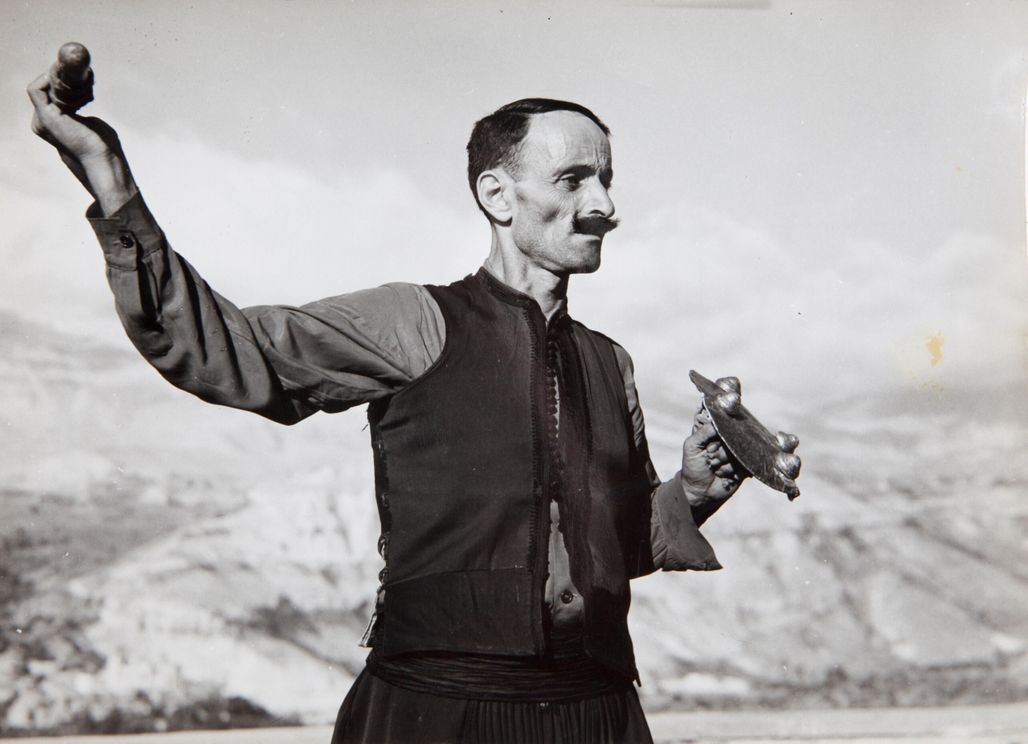
Georges Nasser, the grandfather of Lebanese cinema and director of Ila Ayn?

With Ila Ayn?, George Nasser ushered Lebanon into the Competition for the very first time. The feature film turns 60 this year and is being screened in its restored print version as part of the Cannes Classics events.
Deep in the Lebanese mountains, a family struggles to make ends meet. Having grown up with a father who ran away to Brazil and a mother forced to raise her children alone, twenty years later the eldest founds his own family, while his younger sibling prepares to emigrate to Brazil. But then a ragged old man appears in the village…
Georges Nasser uses the story of this family to explore the themes of exile and emigration. He paints the portrait of a complex society, still relevant today, that the country struggles to shrug off. Half a century later, the situation illustrated by the director continues to exist.
With Ila Ayn?, Nasser introduces the first film to be made by a Lebanese director. Having been shown In Selection at Cannes, the film was catapulted to world fame, becoming a symbol of the Lebanese film industry's newfound emancipation, in an era when the country was dominated by Egyptian cinema. In 1962, he repeated his success with The Small Stranger, which was also selected for Cannes. But when civil war erupted in his homeland, Georges Nasser was forced to bring his career to an end.
Disappearing into the mists of forgotten classics, unrecognised by both the State and the general public, Georges Nasser nevertheless incontestably left his mark on Lebanese cinema, through his way of combining documentary and fiction, a technique that paved the way for a series of modern and visionary works.


